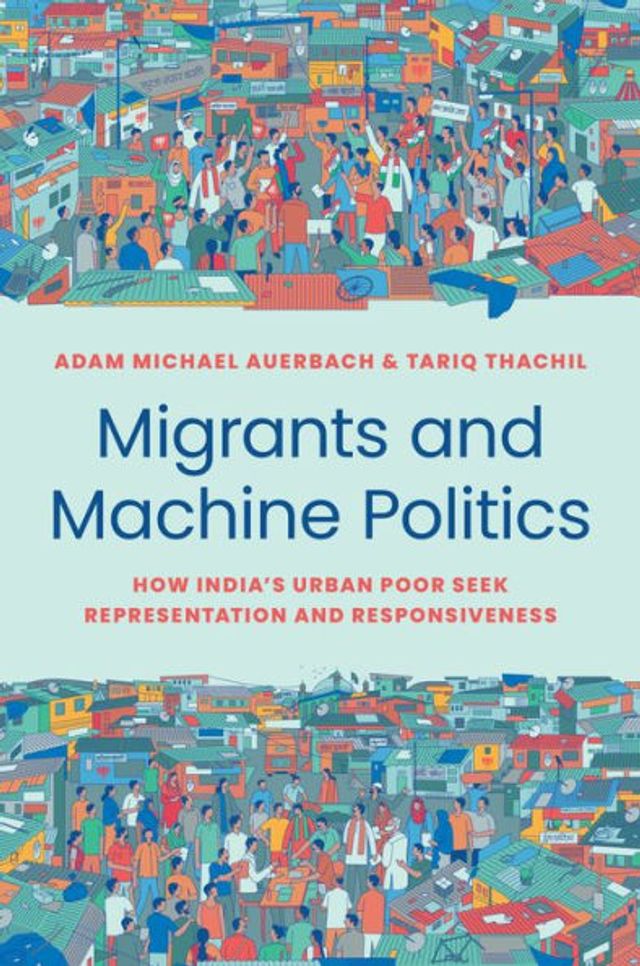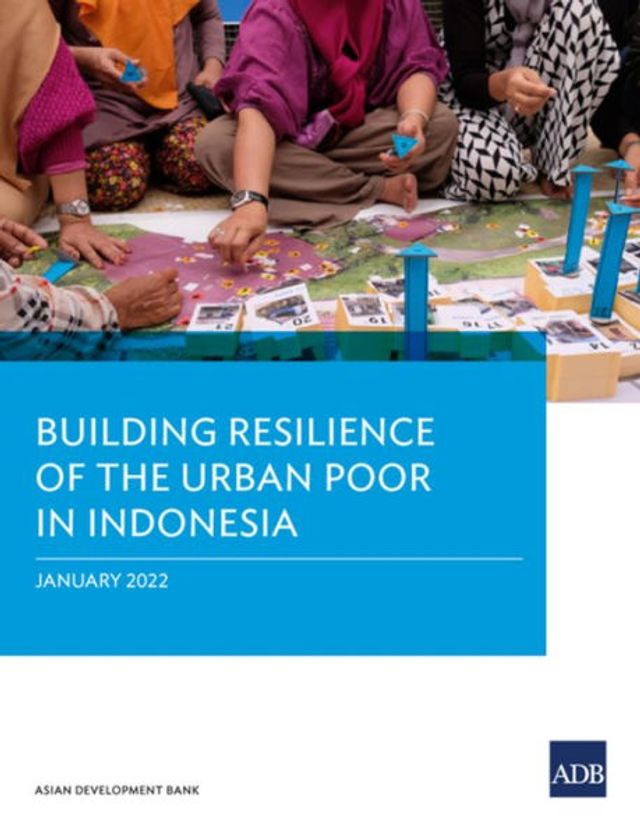Home
Migrants and Machine Politics: How India's Urban Poor Seek Representation Responsiveness
Loading Inventory...
Barnes and Noble
Migrants and Machine Politics: How India's Urban Poor Seek Representation Responsiveness
Current price: $120.00


Barnes and Noble
Migrants and Machine Politics: How India's Urban Poor Seek Representation Responsiveness
Current price: $120.00
Loading Inventory...
Size: Hardcover
*Product Information may vary - to confirm product availability, pricing, and additional information please contact Barnes and Noble
How poor migrants shape city politics during urbanization
As the Global South rapidly urbanizes, millions of people have migrated from the countryside to urban slums, which now house one billion people worldwide. The transformative potential of urbanization hinges on whether and how poor migrants are integrated into city politics. Popular and scholarly accounts paint migrant slums as exhausted by dispossession, subdued by local dons, bought off by wily politicians, or polarized by ethnic appeals.
Migrants and Machine Politics
shows how slum residents in India routinely defy such portrayals, actively constructing and wielding political machine networks to demand important, albeit imperfect, representation and responsiveness within the country’s expanding cities.
Drawing on years of pioneering fieldwork in India’s slums, including ethnographic observation, interviews, surveys, and experiments, Adam Michael Auerbach and Tariq Thachil reveal how migrants harness forces of political competition—as residents, voters, community leaders, and party workers—to sow unexpected seeds of accountability within city politics. This multifaceted agency provokes new questions about how political networks form during urbanization. In answering these questions, this book overturns longstanding assumptions about how political machines exploit the urban poor to stifle competition, foster ethnic favoritism, and entrench vote buying.
By documenting how poor migrants actively shape urban politics in counterintuitive ways,
sheds new light on the political consequences of urbanization across India and the Global South.
As the Global South rapidly urbanizes, millions of people have migrated from the countryside to urban slums, which now house one billion people worldwide. The transformative potential of urbanization hinges on whether and how poor migrants are integrated into city politics. Popular and scholarly accounts paint migrant slums as exhausted by dispossession, subdued by local dons, bought off by wily politicians, or polarized by ethnic appeals.
Migrants and Machine Politics
shows how slum residents in India routinely defy such portrayals, actively constructing and wielding political machine networks to demand important, albeit imperfect, representation and responsiveness within the country’s expanding cities.
Drawing on years of pioneering fieldwork in India’s slums, including ethnographic observation, interviews, surveys, and experiments, Adam Michael Auerbach and Tariq Thachil reveal how migrants harness forces of political competition—as residents, voters, community leaders, and party workers—to sow unexpected seeds of accountability within city politics. This multifaceted agency provokes new questions about how political networks form during urbanization. In answering these questions, this book overturns longstanding assumptions about how political machines exploit the urban poor to stifle competition, foster ethnic favoritism, and entrench vote buying.
By documenting how poor migrants actively shape urban politics in counterintuitive ways,
sheds new light on the political consequences of urbanization across India and the Global South.


















